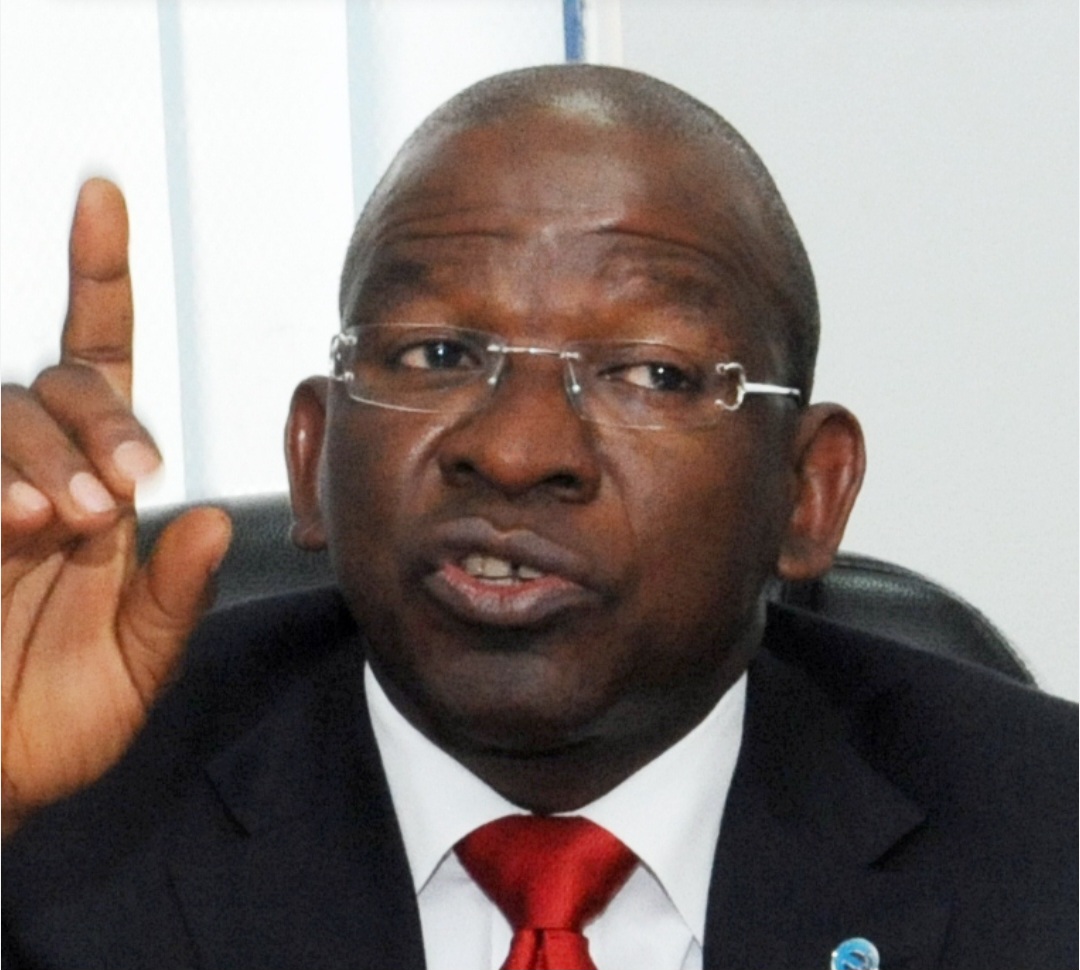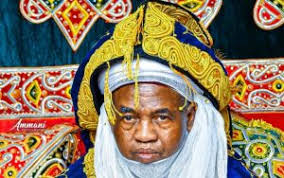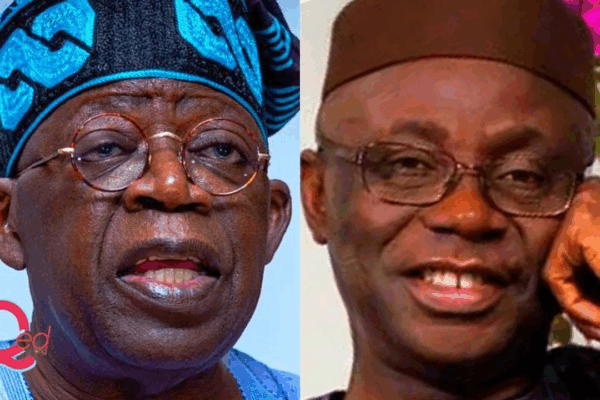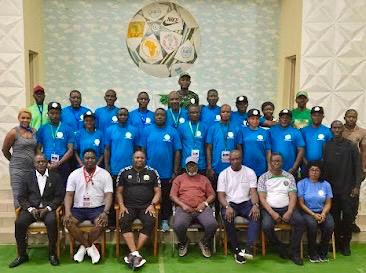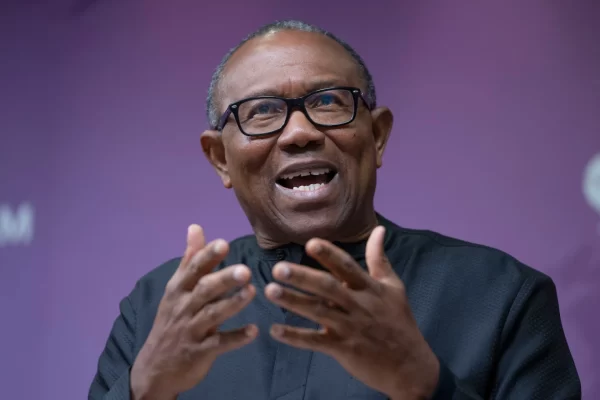
Peter Obi Caught in Fresh Coalition Controversy, Denies Being Tricked into ADC Alliance
A new controversy has erupted over the involvement of former Labour Party (LP) presidential candidate, Peter Obi, in the emerging opposition coalition led by the African Democratic Congress (ADC), with claims surfacing that he was tricked into joining the alliance under false pretenses. Reports suggest that former Vice President Atiku Abubakar may be positioning himself as the coalition’s leading presidential hopeful for the 2027 elections, following recent statements hinting at his intention to run again. At a public event, Atiku vowed to clamp down on corruption if elected, saying, “I swear to God, if elected, whoever steals or engages in any corruption-related activities, we will declare war against them and they must be punished.” Meanwhile, Peter Obi clarified that he has not discussed any joint ticket arrangement with Atiku or anyone else. He reiterated his commitment to serve only a single term if elected president. “If there is any form of agreement that will restrict me to four years in office, I will comply with the agreement and be ready to leave office on the 28th of May 2031,” Obi said. Obi Was Deceived into Coalition – Ex-Adviser Alleges Katchy Ononuju, a former Special Adviser on Public Affairs to Obi during the 2023 presidential campaign, alleged that Obi was misled into joining the coalition. According to Ononuju, the promise was that Obi would emerge as the presidential candidate after the coalition’s launch, but those behind the move had other intentions. “They tricked Peter Obi, saying don’t worry, go and register, go, let us inaugurate. After the declaration, we will start negotiating on you being the presidential candidate,” Ononuju told DAILY POST. “But ADC is an Atiku Abubakar construct. You’re not going to get it.” Ononuju claimed he had warned Obi against trusting the arrangement and cautioned that any attempt to accept a vice-presidential slot under Atiku or anyone else would result in a “political death.” He stressed that the youth-led Obidient Movement would reject such a compromise. “Peter Obi as a political creation will die if he abandons the youths. In every single administration, the voice of the Vice President does not matter; it is muted and if he complains, he is degraded,” he said, citing past vice presidents such as Osinbajo and Atiku himself. Obi Remains with Labour Party – Tanko Reacts Reacting to the claims, Dr. Yunusa Tanko, National Coordinator of the Obidient Movement, dismissed Ononuju’s assertions as attempts to sow discord. He denied that Obi was tricked into joining the coalition and reaffirmed his continued membership in the Labour Party. “They are trying to create distractions and disharmony,” Tanko said. “If Peter Obi is going to make any statement as regards the coalition, you will get it from him directly, from me, or from any of his aides.” Tanko emphasized that the coalition was being formed with 2027 in mind and does not affect Obi’s current affiliation with the Labour Party. “He has made it clear that he is a member of the Labour Party to protect the interest of his followers… The coalition is a coalition he is interested in for the 2027 general elections and we are in 2025,” he added. While the ADC-led coalition remains in the early stages of formation, internal power struggles and conflicting ambitions appear to be threatening its cohesion even before any formal structure has been agreed upon.

